Rays, sharks, and dolphins enjoy new freedom as humans retreat from the oceans
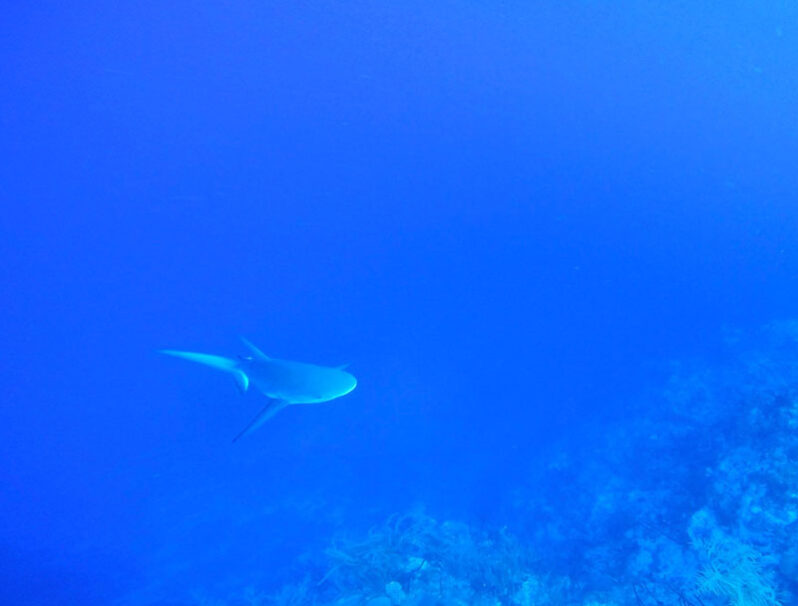
The sightings of rays, sharks, and dolphins are welcome and have been particularly noticeable along the Emirati coastline in recent weeks, as wildlife is taking the opportunity to fill abandoned spaces.
Wild animals enjoy freedom of a quieter world
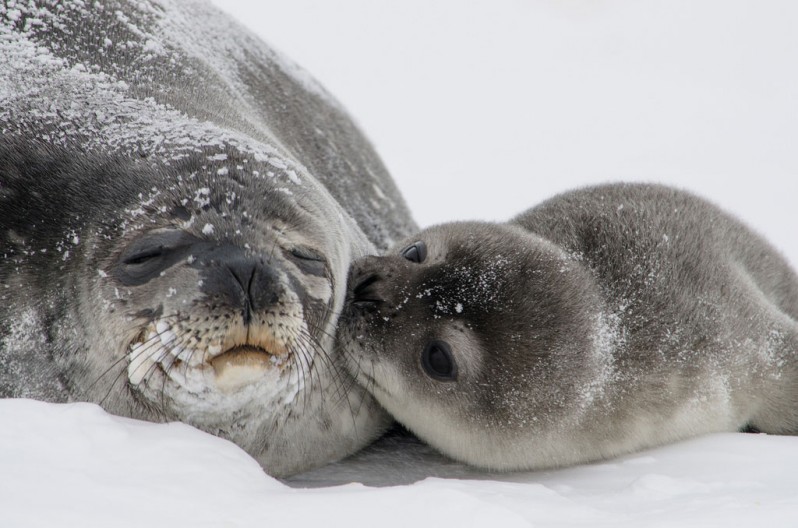
Coronavirus lockdowns globally have given parts of the natural world a rare opportunity to experience life with hardly any humans around.
Microplastics found in Antarctic ice cores
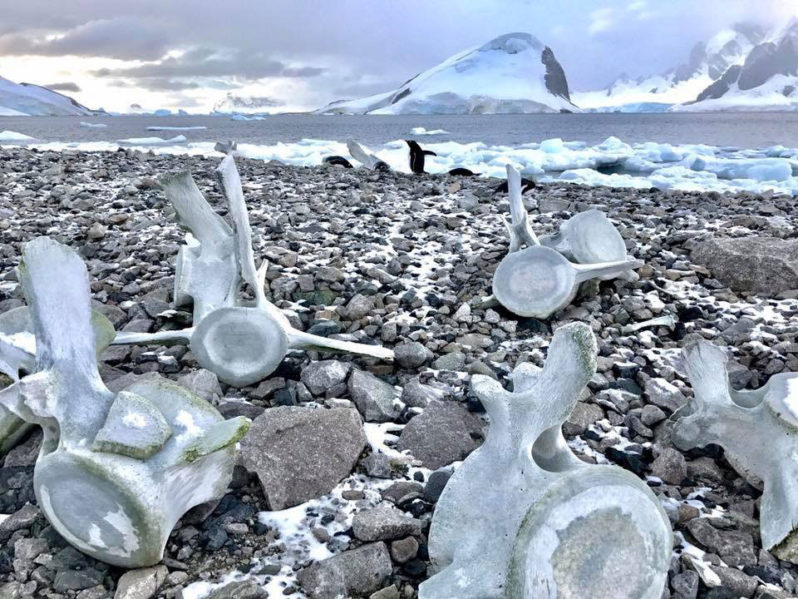
A team of researchers from the University of Tasmania has found evidence of microplastics in ice cores collected off the coast of Antarctica. They also note that prior studies have shown that microplastics in ice can lead to melting due to heat absorption.
Learn from past to protect oceans
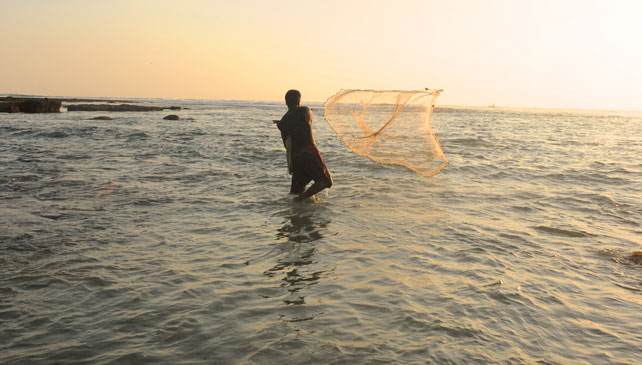
History holds valuable lessons – and stark warnings – about how to manage fisheries and other ocean resources, a new study says.
California recycling and plastic pollution initiative
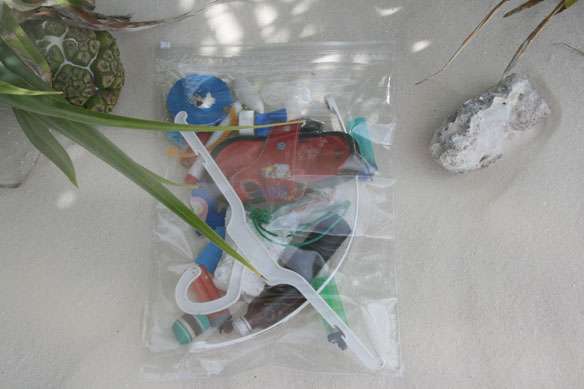
The opportunity for the State of California to move nearer to the goal of Zero Waste may be before California voters on the November 2020 ballot.
Plastic Waste During The Time Of COVID-19
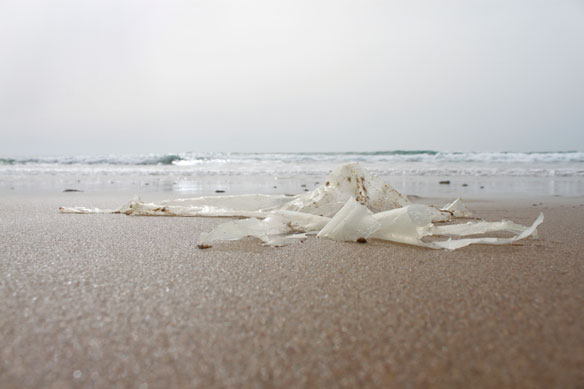
Concern about safety and cross-contamination has caused statewide repeals of single-use plastic bans and this has translated into a heightened demand for bottled water, PPE, plastic bags and packaging. But results of an experiment recently published in The New England Journal of Medicine indicate that the coronavirus might actually persist longer on plastics than on other materials.
Sea turtles thriving in Thailand after beach closures
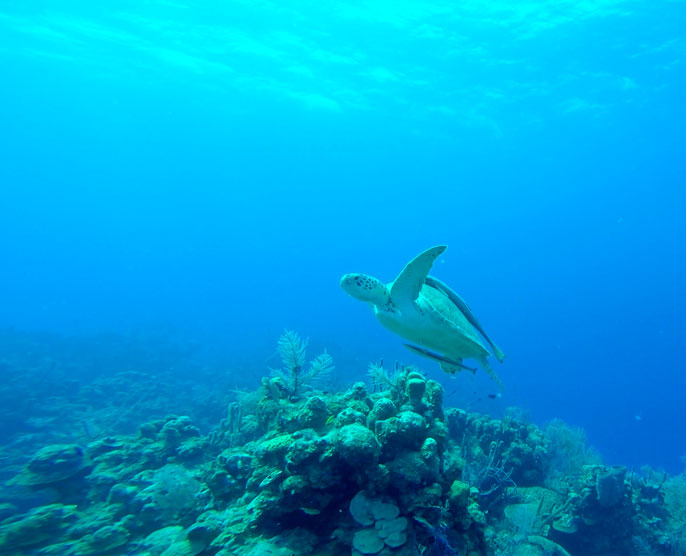
Wildlife around the world is enjoying the lack of human activity due to global lockdowns, and sea turtles in Thailand are part of the trend. Some Thai beaches have seen the largest number of turtle nests in two decades.
Jellyfish seen swimming in Venice’s canals

Spotting a beautiful jellyfish serenely swimming through near-transparent waters in the canals of Venice would’ve been an unthinkable sight just a few weeks ago, but the global standstill created by coronavirus has now made it possible.
Flooding will affect double the number of people worldwide by 2030
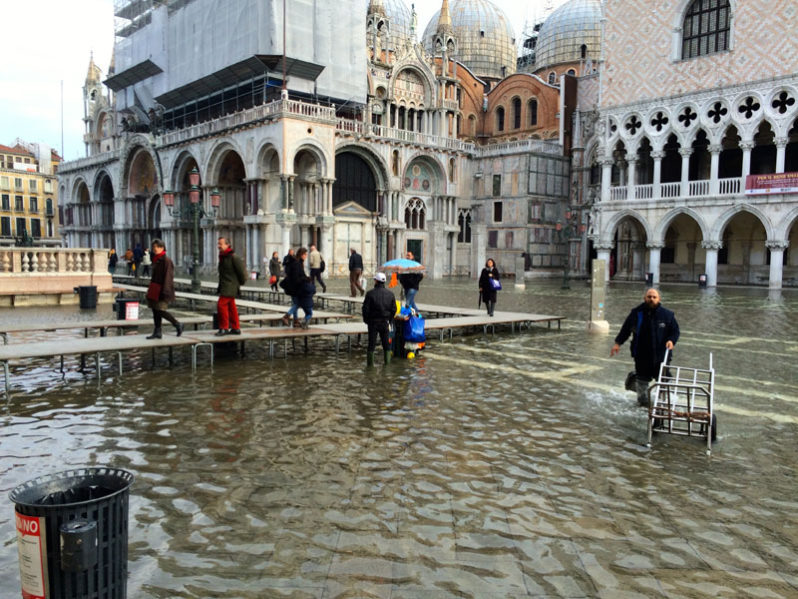
The number of people harmed by floods will double worldwide by 2030, according to a new analysis. 147 million people will be hit by floods from rivers and coasts annually by the end of the decade, compared with 72 million people just 10 years ago.
